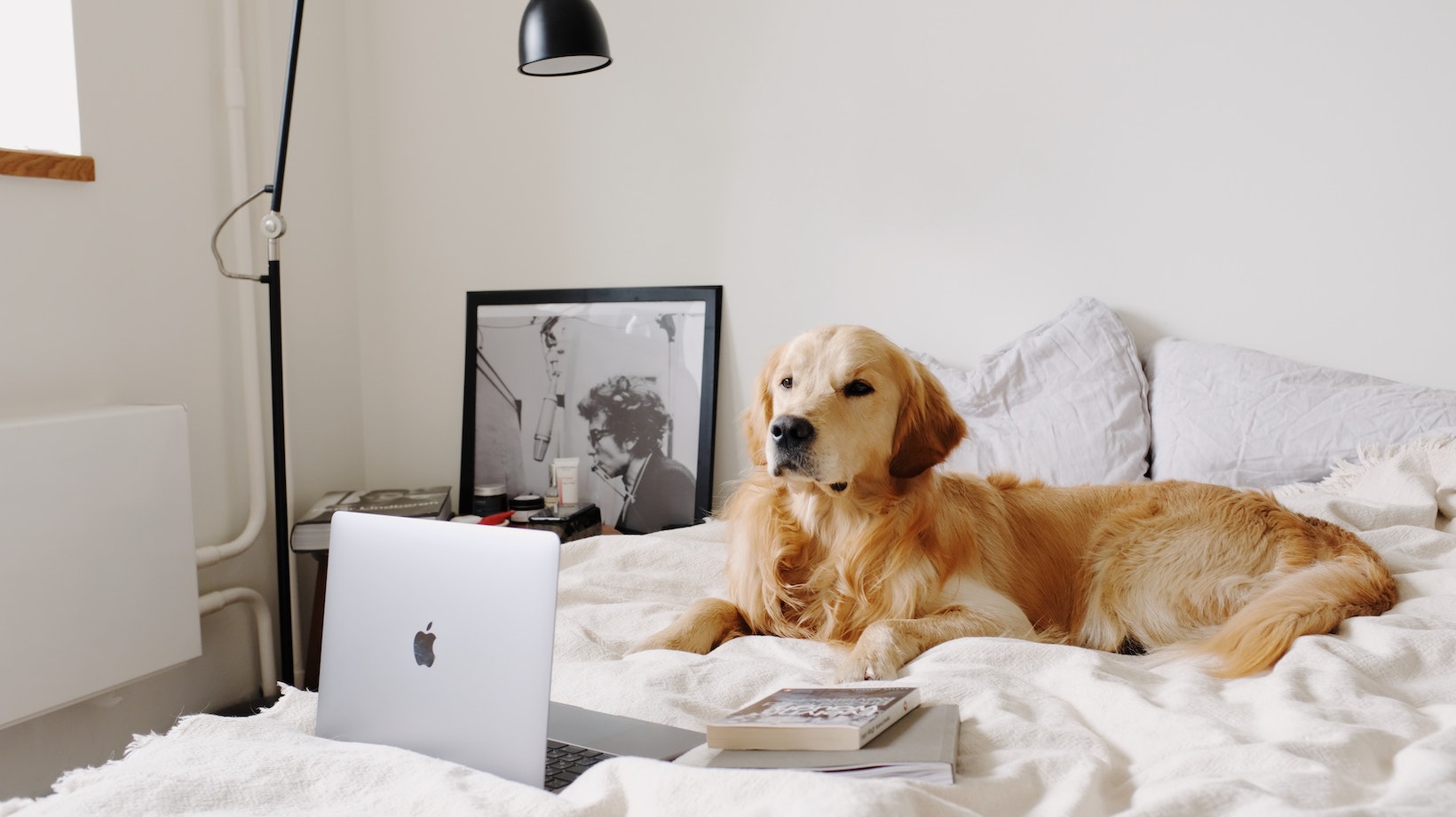How To Help Your Puppy Sleep Through The Night
One of the key factors in helping your puppy sleep through the night is establishing a consistent schedule. Dogs, especially young puppies, thrive on routine and predictability. By setting a regular bedtime and wake-up time, you can help regulate your puppy’s internal clock and promote better sleep.
To establish a consistent schedule, consider the following tips:
- Set a specific bedtime: Choose a time that works for both you and your puppy, ensuring it allows for enough hours of uninterrupted sleep.
- Stick to the routine: Be diligent about maintaining the same bedtime every night, even on weekends or holidays.
- Avoid late-night disruptions: Minimize any loud noises or stimulating activities in the evening that might disrupt your puppy’s sleep.
Creating A Calm And Relaxing Environment
Creating a calm and relaxing environment is crucial for helping your puppy wind down at night. Just like humans, dogs need an environment that promotes relaxation to prepare for restful sleep.
Consider incorporating these elements into your puppy’s sleeping area:
- Comfortable bedding: Provide your pup with a cozy bed or crate pad to make them feel secure and comfortable.
- Dim lighting: Keep the sleeping area softly lit to create an atmosphere conducive to relaxation.
- White noise or soothing music: Using white noise machines or playing soft classical music can help drown out external noises and soothe your puppy to sleep.
Avoiding Stimulating Activities Before Bed
Engaging in stimulating activities right before bedtime can make it difficult for puppies to settle down. To ensure better quality sleep throughout the night, avoid engaging in overly energetic play sessions or feeding them large meals close to their bedtime.
Here are some suggestions for winding down before bed:
- Calming exercises: Incorporate gentle exercises such as short walks or mild play sessions earlier in the evening rather than right before bed.
- Mental stimulation: Engage your puppy in mentally stimulating activities, such as puzzle toys or basic obedience training, to tire them out mentally.
- Consistent bedtime routine: Establish a soothing routine that includes activities like brushing their fur, offering a small treat, or having some quiet cuddle time.
By implementing these strategies and creating a consistent bedtime routine for your puppy, you can help them sleep through the night more comfortably. Remember that puppies have different sleep needs depending on their age, so it’s essential to be patient and adjust the routine as they grow older. With time and consistency, you’ll be able to enjoy peaceful nights with your well-rested furry friend.

Establishing A Consistent Feeding Schedule
When it comes to helping your puppy sleep through the night, establishing a consistent feeding schedule plays a crucial role. By providing your furry friend with regular meals at set times, you can help regulate their digestion and promote better sleep habits. In this section, I’ll share some tips on how to create and maintain a consistent feeding schedule for your puppy.
- Determine the appropriate number of meals per day:
- Puppies under six months old generally require three to four small meals throughout the day.
- As they grow older, you can gradually transition them to two meals per day.
- Consult with your veterinarian for specific recommendations based on your puppy’s breed and age.
- Set fixed meal times:
- Choose specific times of the day when you will feed your puppy.
- It’s best to establish a routine by feeding them at the same time every morning and evening.
- Avoid free-feeding or leaving food out all day as it can disrupt their eating patterns and make it harder for them to settle down at night.
- Measure portion sizes:
- Use a measuring cup or scale to ensure accurate portion sizes for each meal.
- Follow the guidelines provided on the dog food packaging or consult with your vet for appropriate amounts based on your pup’s age, weight, and activity level.
- Create an inviting eating environment:
- Designate a quiet and calm area where your puppy can eat without distractions or interruptions.
- Place their food bowl in the same spot each time to provide familiarity and consistency.
- Stick to healthy treats between meals:
- If you want to give treats during training sessions or as rewards, choose healthy options that won’t upset their stomachs before bedtime.
- Opt for small-sized treats that are easy to digest.
By following these steps and establishing a consistent feeding schedule for your puppy, you can help regulate their energy levels and promote better sleep patterns. Remember, patience is key during the transition period. It may take time for your puppy to adjust to the schedule, but with perseverance and consistency, they will soon adapt and enjoy peaceful nights of restful sleep.